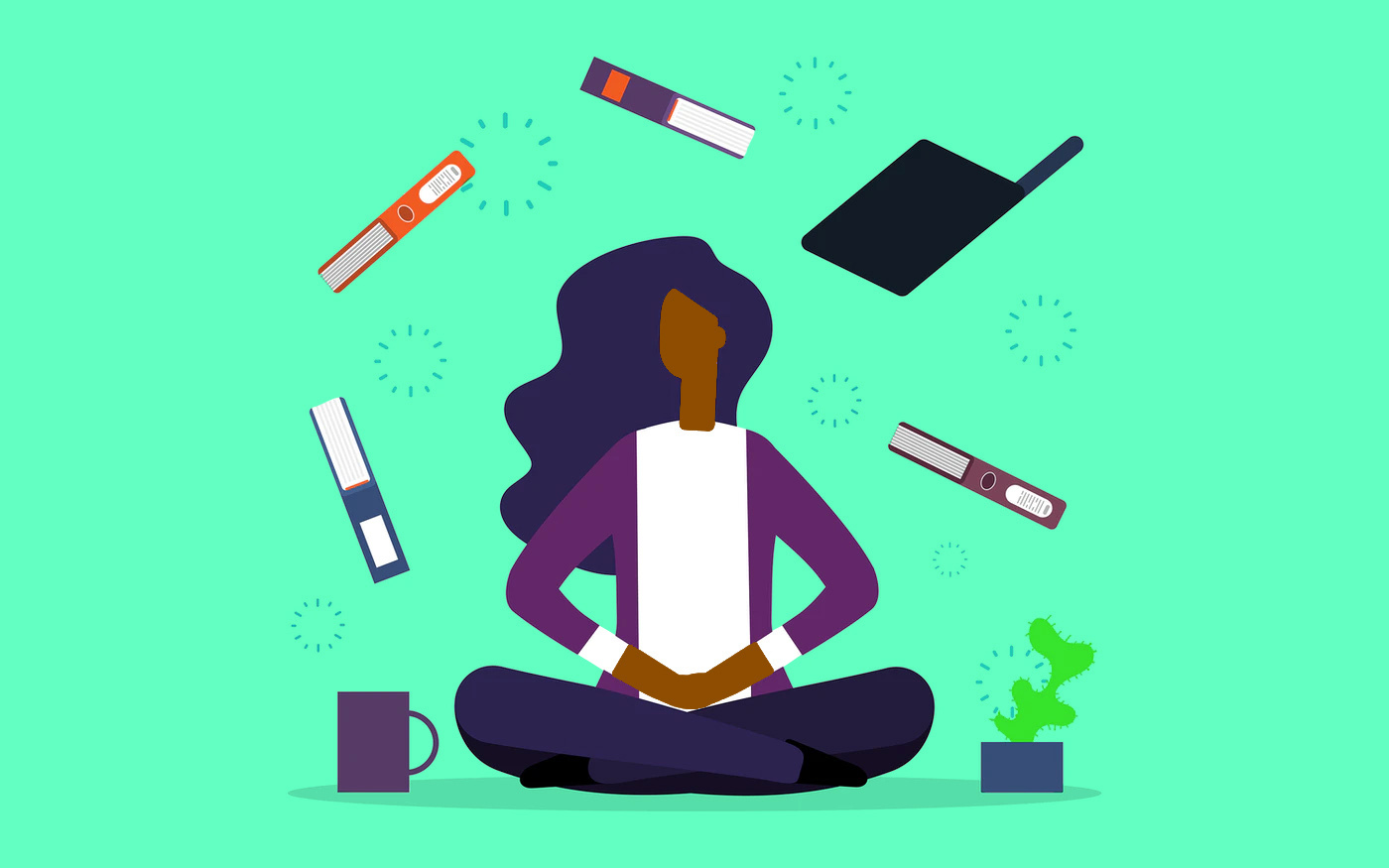Have you noticed? There is a war being waged for your attention. In the so-called “Attention Economy” your attention is now someone else’s precious (and monetizable) commodity. The more you scroll, click and “like” information, the more your data can be packaged and sold. Because you only have so much attention to give, systems have evolved to capture and keep your attention as long as possible. Another word for this is “seduction.” The best seductions are those that you don’t notice are happening, or that even make it appear as if you are willingly choosing to do something.
Why should you care? It is hard to understate the role attention plays in your life. What you attend to is what your life becomes. Spend time giving attention to baseball statistics, and that becomes part of your life. Focus on the healthy development of children, and that becomes part of your life. The choices you make about how—and what—you invest attention in form your life’s structure and content.
As demands for our attention become ever more seductive, it has become essential to be more conscious of how you’re using your attention. Because these systems exploit your natural curiosity (or fears) for their own ends, you can no longer rely on your own impulsive interests to make choices. By taking a moment to slow down and consider what you really want, you can invest your limited attention resources in what’s important to you, and live the life you want.
By taking a moment to slow down and consider what you really want, you can invest your limited attention resources in what’s important to you, and live the life you want.
The key to doing this is noticing what your attention is doing. These are fleeting moments that at first are almost imperceptible—however, with practice they will start popping out at you like the “Magic Eye” puzzle in the Sunday comics.
Three Signs Your Attention Just Got Hacked
1. You experience “Lift-Off”: You are writing an important memo when midway through, your attention shifts to checking the scores last night’s game. Lift-off is when your attention is focused on one thing and involuntarily moves to something less relevant.
2. You’re in Scrolling Zombie Mode: A college student wakes up and spends 30 minutes swiping through her social media every day. (FYI: That’s 3.5 surrendered hours a week.) When you feel a low-level daze as your finger robotically swipes for the next hit of stimulation, you are in Scrolling Zombie Mode.
3. You’ve descended the Rabbit Hole: You are researching a new car purchase. The consumer magazine suggests that maybe a Volvo isn’t a bad option. “Volvos are made in Sweden, aren’t they?” You think to yourself. Sweden…Sweden…that triggers a cascading set of curiosities in your mind, which land on Swedish meatballs. “Mom used to make Swedish meatballs, haven’t had those in years. I wonder how you make them?” Your fingers type “Swedish Meatball Recipe” in the search bar. But wait, those are made of meat and you’re a vegan now. That triggers another cascade. Your browser gets pointed to vegan versions of the recipe. <type> <type> <type> <scroll> <scroll> <scroll> You wonder, are there vegans in Sweden? <type> <type> <type> <scroll> <scroll> <scroll> Were the Vikings vegan? <more typing> Before you know it, 45 minutes have passed and you now know a lot more about the food history of Vikings, but still know nothing about the new car you were going to buy. That spiralling loss of focus is the Rabbit Hole.
Here’s How to Regain Focus and Control of Your Attention:
Notice. Noticing breaks the spell. So, begin to notice when you do these things. Notice what the feeling is like while you do them. What do you feel in your body? What are the stories in your head? What emotions do you feel? Is this what you actually want? A mindless diversion isn’t necessarily evil, but 6.5 hours of your life down the drain adds up to what?
Question and Shift. Questions help you orient. After noticing comes inquiring and shifting. Ask yourself, “Is this where my attention needs to be right now?” If what you’re doing isn’t what you intend to be doing, stop doing it and return to what’s important to you.
Repeat. Building the habit of noticing, questioning and shifting strengthens your choice-making muscles. Gradually, you’ll begin to see how much of your attention you’re wasting away. Alternative pathways start to be forged and you can step out of the seductions more easily. You can more quickly return from the rabbit holes of distraction and keep focused on what’s important to you.







